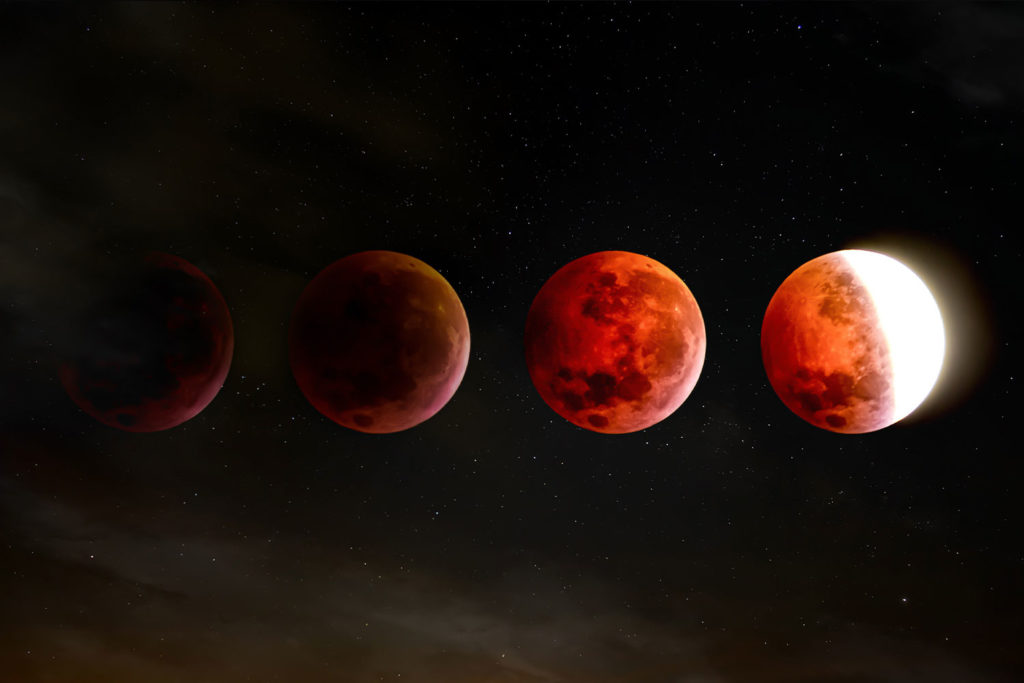The first person to predict a solar eclipse was the philosopher Thales in 585 B.C. Do you think he knew not to look at directly at the sun back then? Christian pastor and author R.C. Sproul says that this was the day science was born.
Sproul makes this point because to predict the eclipse, Thales simply studied natural phenomena. He didn’t need a religious system. It wasn’t a product of divine revelation. He didn’t rely upon the superstitious speculation of his day that attributed a divine conspiracy to every flash of lightening and roll of thunder.
But does this solve anything? Does better understanding the natural world really make earth a better place to live? Of course it does. I’m writing this from a computer that runs on electricity and is currently online via the wifi hot spot on my iPhone while connected to something called “The Internet,” apparently created by a former U.S. vice president.
Perhaps a better question is, “Can science answer all of our questions?” The answer to that is surely no. What Thales really wanted was to understand, as Sproul points out, the unity in the midst of diversity. For that Thales used philosophy. How is it that this world is as it is, what is really real, and so on. In short, Thales wanted to understand what was really real.
Thales concluded that the great unifying principle of the world was water. After all, most of the earth that is visible to us is made up of water. We are mostly water ourselves. And because of the tides, water offered an explanation for the source of motion in the world (a big question for toga wearing Greek philosophers). To tie it all together, since water can take the form of a solid, a liquid or a gas, it was an easy front-runner candidate for the key to understanding how we live and move and have our being.
The only problem is that the water hypothesis is wrong. There is more to reality than water. But you take a smart guy, give him some measure of scientific success and bada bing, bada boom: his ultimate theory of water seems plausible. That’s not too different from our day. Say someone observes minor variations within a species, we’re ready to crown them king for the day and accept their grand theories, too.
That’s because it can be a relatively small step from a scientific observation to a full-fledged theory of the world. Caution is in order. As John Lennox points out, not every statement from a scientist is a statement of science. There is always a philosophical commitment to the way the world is, the way the world works, what’s really real, lingering at the bottom of every claim.
It was in this philosophical, scientific, and skeptical culture that the Apostle Paul preached his famous sermon in Athens, the birthplace of philosophy (Acts 17). Paul demonstrated the power of the gospel to answer our biggest questions. More than that, Paul showed how the gospel alone satisfies and saves our souls.
It is in him, in Jesus, that we live and move and have our being. And God raised Jesus from the dead, Paul pointed out, to give evidence to all men that he will one day judge the world. The good news, Paul told them, God is not far from us.
God has placed us wherever we are so that we might seek him. Long after the hype of the solar eclipse is over, after the boundaries of science are demonstrably and repeatedly manifest, after the hope of philosophy to solve all our riddles is long abandoned, there is still a search for meaning that can only be found in the Creator. Seek the Son while He may be found.
Published September 8, 2017




